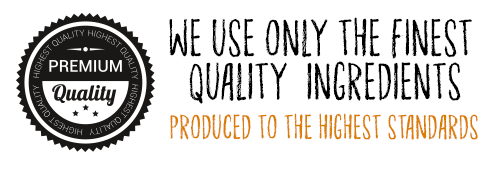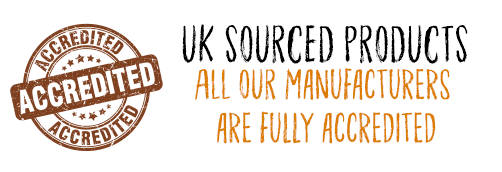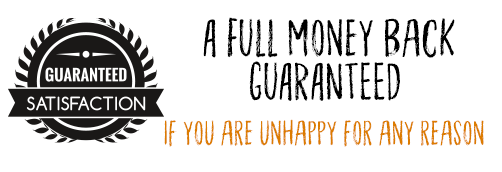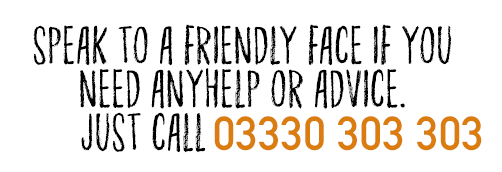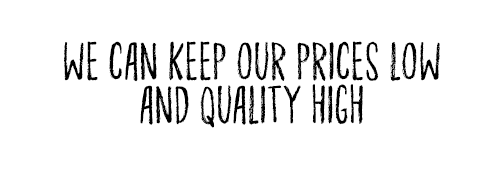Women who are stressed while pregnant are more ‘liable to have hyperactive children’ according to research.
Until recently it has been thought that genetics have played the primary influential factor in the development of ADHD but more recent research suggests that antenatal anxiety could contribute to 15% of cases of the behavioural condition. In these cases symptoms of the child’s ADHD were greater in those that had been exposed to antental stress than those who had not.
Stress hormones in the womb are thought to disrupt the normal passage of neurons between the two hemispheres of the brain, resulting in a range of behavioural problems. Anxious or stressed pregnant women have been shown to have blood flow that is impaired through the uterine arteries. This may explain why the babies of very anxious mothers tend to be smaller or born earlier.
Research has also shown us the there is a strong correlation between levels of the stress hormone cortisol in the mother and the fetus. If the pregnancy mother has raised cortisol, this may have a direct effect on the development of the fetal brain, and affect the child’s later responses to stress.
These findings are certainly interesting but have the potential to add further stress to an already stressed mother. It is important to remember that nurture and environment can play a pivotal role in adaptation to stress and finding a way to manage your anxieties as a parent can have a significant impact on removing the stress for your children, both during pregnancy and once the child is born.
There now exists a definitive, comprehensive body of research on the importance of omega 3 fatty acids in both pregnant women and young children . . Making sure you have two portions of oily fish per week during pregnancy or three portions per week for a child, or if not pregnant, is a good step towards your needed intake of essential fatty aids. In cases of excess anxiety, depression or bahvioural problems taking a minimum of 100mg Omega 3 supplement is highly recommended.
Zinc deficiency has been to heightened anxiety although further research is need to make this conclusive. Zinc is needed in abundance during pregnancy and food sources include green leafy vegetables, pumpkin seeds, sesame seeds, lentils, tofu, almonds and wholegrains. If you chose to take a zinc supplement if these foods are not regularly found in your diet, take a minimum of 15mg.
Depression and anxiety can be a result of low serotonin levels. Serotonin is the ‘happy’ hormone and is made by the body and converted through foods in the diet containing tryptophan. These foods include turkey, bananas, Dairy products,
Soy products, pulses and eggs. A supplement source is 5 HTP but this is not recommended during pregnancy.
Herbs such as Rhodiola and St Johns Wort are fantastic natural methods of helping the body adapt to stress to ease the mental and physical exhaustion associated with these conditions. Both work on positively increasing the level of serotonin (by as much as 30%) and regulating the adrenal glands, the glands responsible to stress hormones. St Johns Wort should not be taken when pregnant or breastfeeding and for those on the contraceptive pill.
Taking regular exercise can release natural chemicals called endorphins in the body. Endorphins act on the mind and body making you feel lighter and happier. Exercise such as yoga, Tai Chi or Qi Gong also have a meditative effect that can encourage a feeling of calm as well as regulating breathing. These exercises can be performed by adults and children alike.
Being pregnant can bring immense joy but it can also as commonly bring on feelings of anxiety or being ‘overwhelmed’. Fewer talk about this than those who express the joy and therefore it is easy to feel that there is something wrong. The most important thing is to talk about it, ask for help, a problem shared really is a problem halved. Anxiety is a common condition and there is much that you can do to support yourself during these periods that I hope you have gleaned from the above article. There is also a range of external resources of support; therapies such as CBT, counseling and hypnotherapy have all been proven to be effective.


